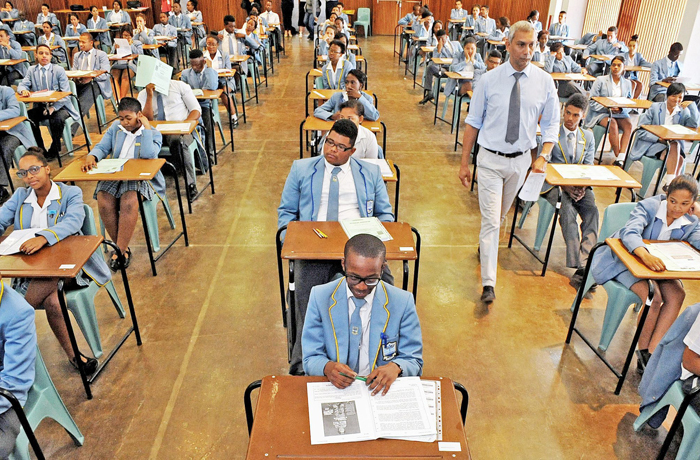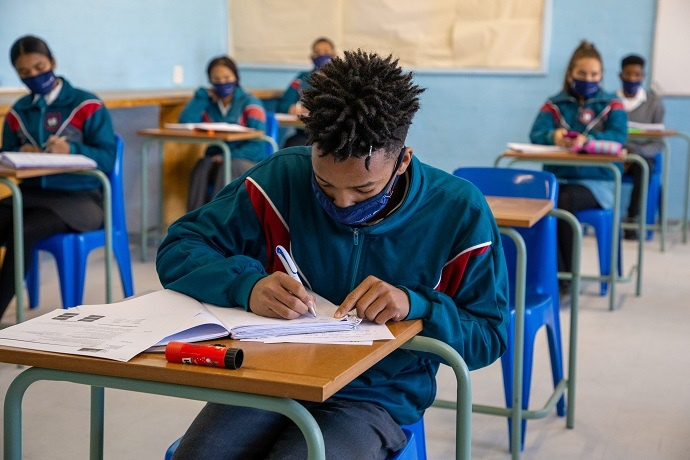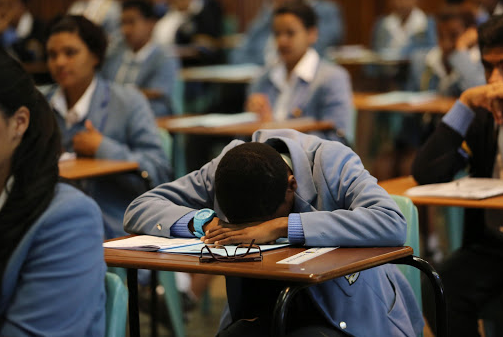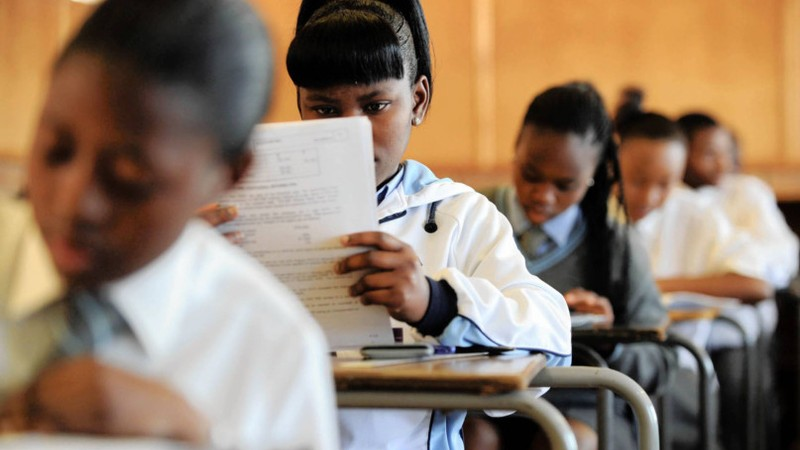South African matriculation, a watershed moment in students’ educational journeys, is riding high with the class of 2023’s record pass rate. This story combines a mother’s pride, societal expectations, various educational pathways, and the ‘real’ matric pass rate.
South African matriculation : Introduction
Matriculation, the pinnacle of the educational journey for South African students, recently marked a significant milestone as the class of 2023 achieved the highest pass rate since the country embraced democracy. This triumph, reflected in the joyous social media posts of proud parents, unveils a tapestry of emotions and challenges woven into the fabric of South Africa’s matriculation process. As we delve into this narrative, we discover a story of personal triumph, societal expectations, diverse student pathways, and critical evaluations of educational success metrics.
ALSO READ : IGNOU Launches MA In Spanish : To Hispanic Culture And Proficiency, Embarking An Exciting Academic Journey

Personal triumphs and family celebrations
A proud mother’s exuberant social media celebration of her daughter’s inclusion in the school’s top 10 matric results encapsulates the emotional resonance of academic achievements for families nationwide. The jubilation and relief expressed in such posts mirror the deeply personal and familial stakes involved in the matriculation journey. Years of tireless effort and sacrifice find validation in the success of the class of 2023, boasting an impressive 82.9% pass rate.

Societal implications and political perspectives
Beyond individual successes, the achievement of the class of 2023 has garnered attention from parliamentarians and political figures. While applauding the students, there is a simultaneous emphasis on the urgent need to enhance the quality of education and infrastructure. This dual focus underscores the broader societal implications of matriculation, highlighting the imperative for continuous improvement in the educational environment.

Options for those who struggle
Acknowledging that not every student secures a pass in the matric exams, a spectrum of alternatives is available. From supplementary exams and re-marking to repeating the year, enrollment in private colleges, the Second Chance Programme, and Technical Vocational Education and Training (TVET) colleges, these options emphasize the importance of a flexible education system capable of adapting to diverse needs and circumstances.

Debating the ‘Real’ matric pass rate
This ongoing debate on the ‘real’ matric pass rate serves as a poignant reminder of the complexities inherent in South Africa’s education system. Beyond the jubilation over impressive pass rates, the discussion has illuminated a crucial gap between the official statistics and a recalculated metric that takes into account dropout rates and related parameters. This disjunction prompts an essential and critical reevaluation of the prevailing notion that pass rates alone can adequately capture the essence of educational success.
The clamor for a recalibrated approach resonates not only among educators and policymakers but also within broader societal circles. The recognition that success extends beyond the sheer number of students passing emphasizes the need for a more comprehensive evaluation framework. A nuanced perspective acknowledges that the true measure of educational achievement lies not just in quantity but, more importantly, in the quality of skills and knowledge imparted to students.

This shift in focus advocates for an educational landscape that nurtures holistic development, fostering critical thinking, problem-solving skills, and a deep understanding of subjects. It underscores the importance of creating an environment where students not only memorize information for exams but engage in a meaningful exploration of knowledge that equips them for the challenges of the real world.
Furthermore, the call for a broader approach aligns with the global shift towards outcome-based education. Rather than fixating solely on numerical outcomes, educators are urged to prioritize the cultivation of a diverse skill set that prepares students for both academic pursuits and the demands of a rapidly evolving workforce. The recalibration of success metrics becomes an opportunity to address the root causes of educational disparities and inefficiencies, fostering a system that is responsive to the dynamic needs of students and the society at large.

Conclusion
In conclusion, matriculation in South Africa unfolds as a multifaceted journey, encompassing personal, societal, and systemic dimensions. It is a narrative of triumph over challenges, societal expectations shaping educational policies, diverse student pathways, and a critical evaluation of how success in education is measured. As South Africa continues to navigate its educational landscape, the story of matriculation serves as a poignant reminder that the pursuit of knowledge and success is a shared endeavor, intricately woven into the very fabric of the nation’s future.
To explore more news : Click Here




































